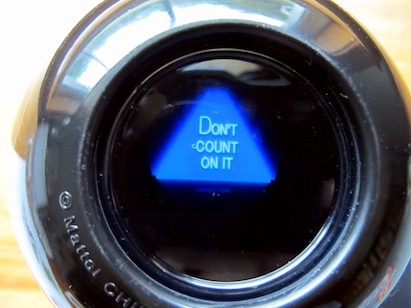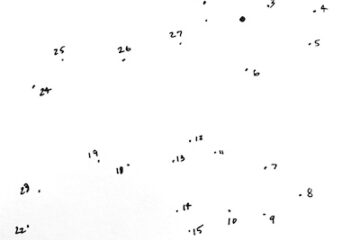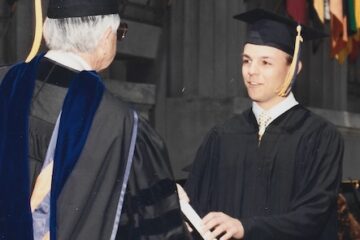Are you an expert or not?
Someone else’s greater capability does not invalidate your own.
Just because someone else is better at a thing, or knows more about a thing, or has an advanced degree in a thing, doesn’t mean you suck at that thing.
Yet that’s how many of us feel all the time.
An example from my own life is writing. By pretty much any objective measure, I have achieved elite expertise in writing. I get plenty of unambiguous external affirmation of that regularly.
It’s taken me a long time to believe that affirmation, though, because I know people with advanced degrees in writing, and I know people who have had long, successful careers as editors and writers.
Even worse, I know people who are better at writing than I am.
So, should I call myself a writing expert or not? I’m choosing yes because it’s true.
Two different people brought up their own feelings of impostor syndrome to me in the last few days.

In both cases, they were objectively good at the thing they were concerned about, but they didn’t really believe it.
One of the two wants to start posting their writing publicly, but they worry their work isn’t up to the standards of what they like to read. This person is a capable writer with interesting thoughts.
The other person’s obstacle is her belief that “expert” means advanced degrees and lifelong career focus on one topic. If she can’t imagine herself keynoting a conference on a topic, then she doesn’t believe she has expertise in it.
It’s important to know what true greatness looks like. If you don’t, then you probably don’t have the tools to assess your own quality or the quality of others.
But just because you’re not the absolute best in the world at something doesn’t mean you are worthless at it.
Someone else’s greater capability does not invalidate your own.
Connect with me
Schedule a consultation session now or drop me a line.
Identify your core values with this free worksheet. Many of my clients find it surprisingly eye-opening. Get it here.
Download my chapter from RELIT

RELIT: How to Rekindle Yourself in the Darkness of Compassion Fatigue gives practical, relevant, actionable advice on avoiding and overcoming compassion fatigue and caregiver burnout. As a professional coach, I have to pay close attention to self-regulation and my own personal resilience. My chapter explains the things I do to stay centered and stay focused so I can give every client my best, every time.
Download my chapter for free: Show up. Try hard. Be nice.
Or just go buy the whole book. It’s worth it.


